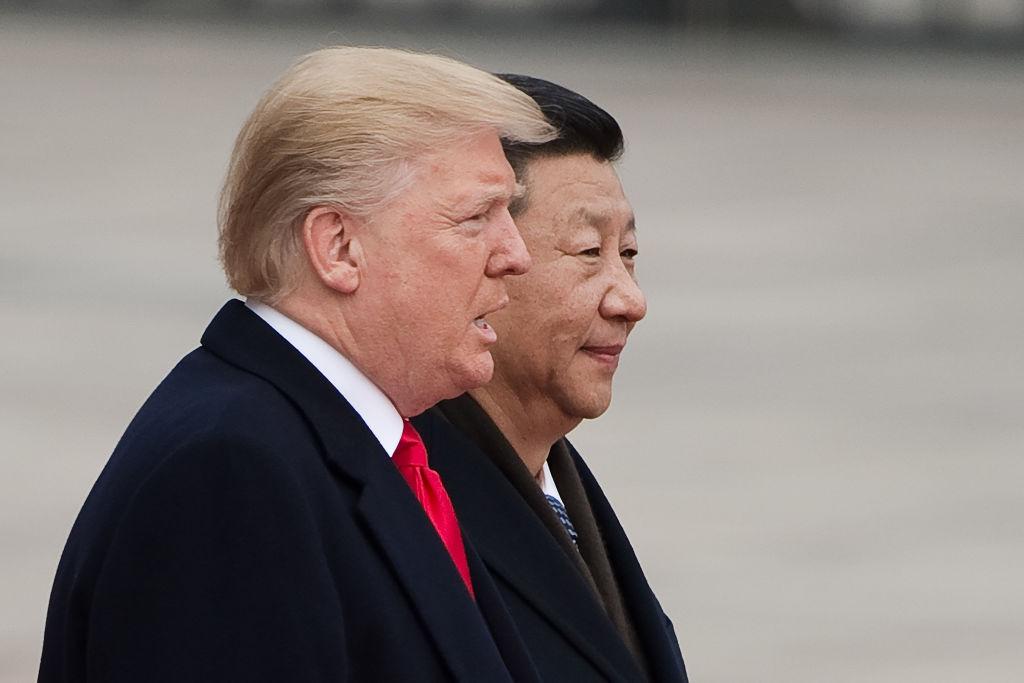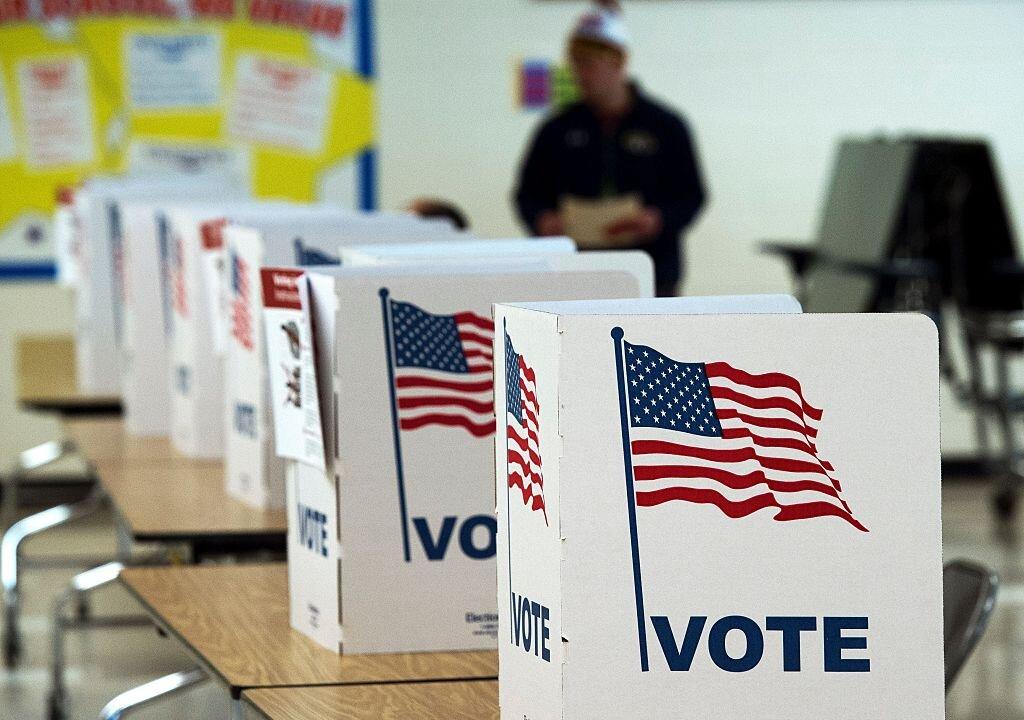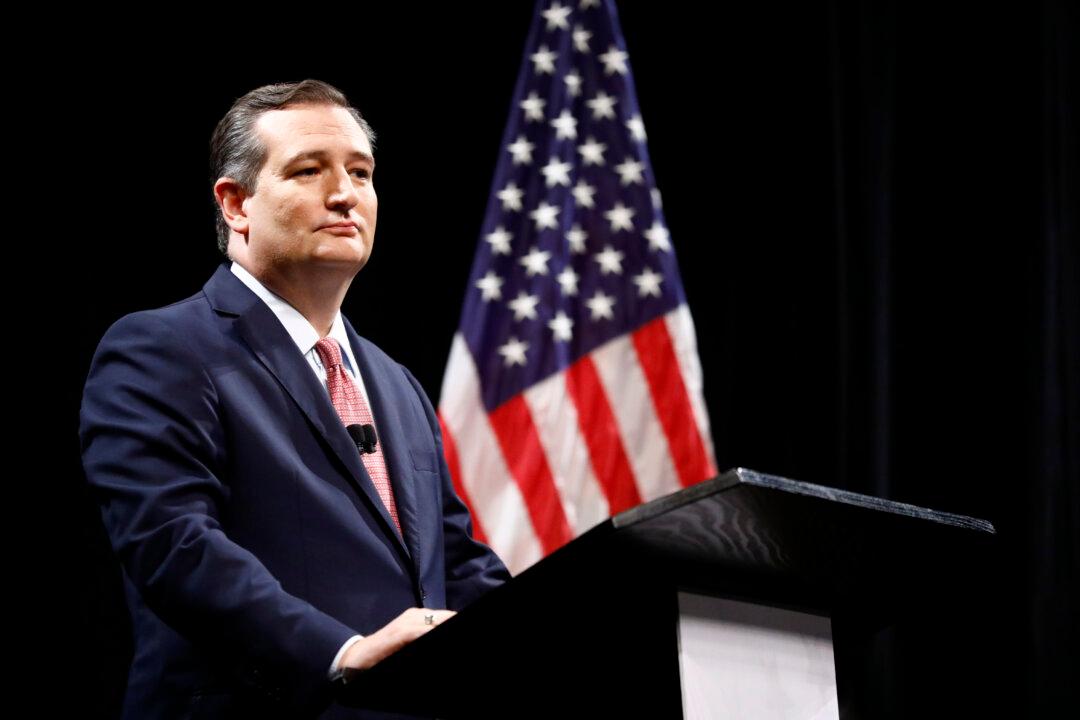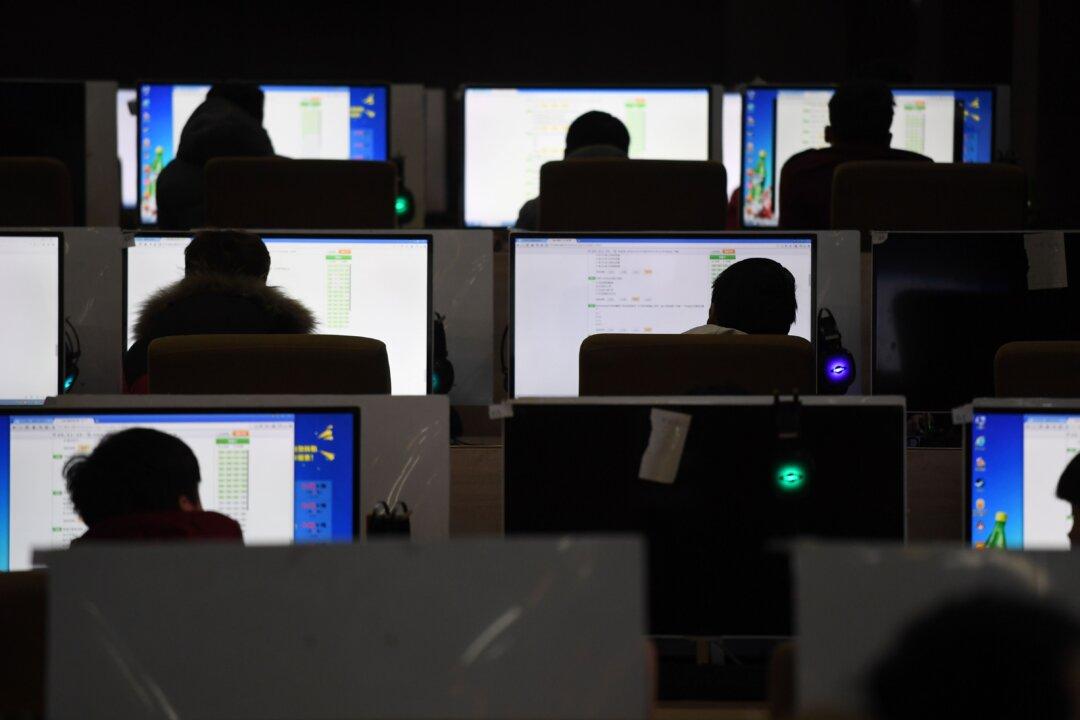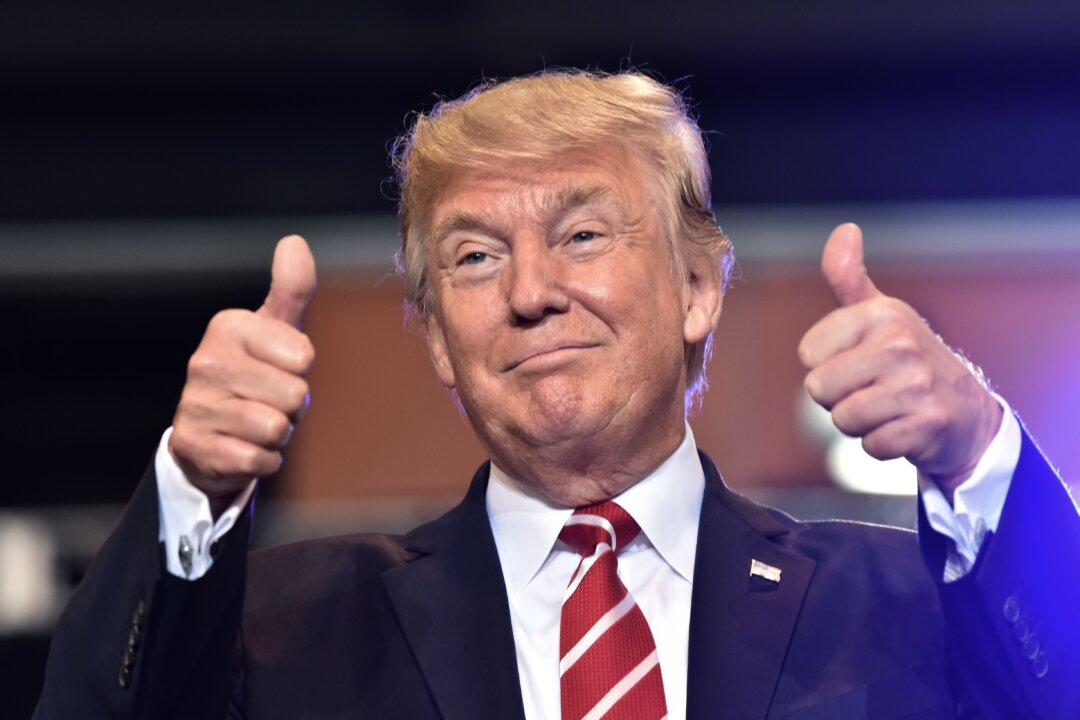President Donald Trump is scheduled to meet with China’s leader Xi Jinping on Dec. 1 in Buenos Aires at the G-20 summit. Both have indicated that they are ready to talk about trade. Despite China being hard pressed to negotiate a trade deal with the United States, the possibility that the two countries make a truce on trade, I believe, is slim.
Latest economic data from China show its economy slowing down due to U.S. tariffs and the trade dispute. In the third quarter of 2018 China recorded its most sluggish growth in ten years.
